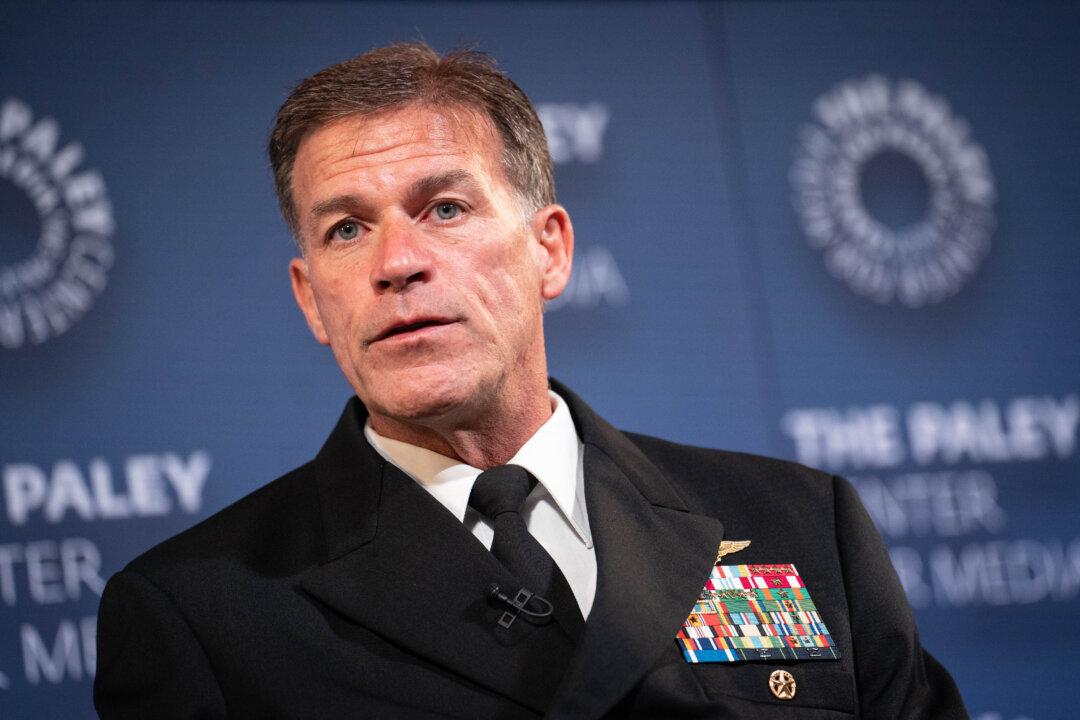The commander of the U.S. military in the Indo-Pacific, Admiral John Aquilino, has highlighted Beijing’s illegal and aggressive behaviour across the region, warning that the disputed Second Thomas Shoal was the “most dangerous flashpoint” in Australia’s area of command.
In a wide-ranging address to the Lowy Institute, a Sydney-based think tank, Adm. Aquilino covered many of the issues the United States notes to be of concern in the region.





